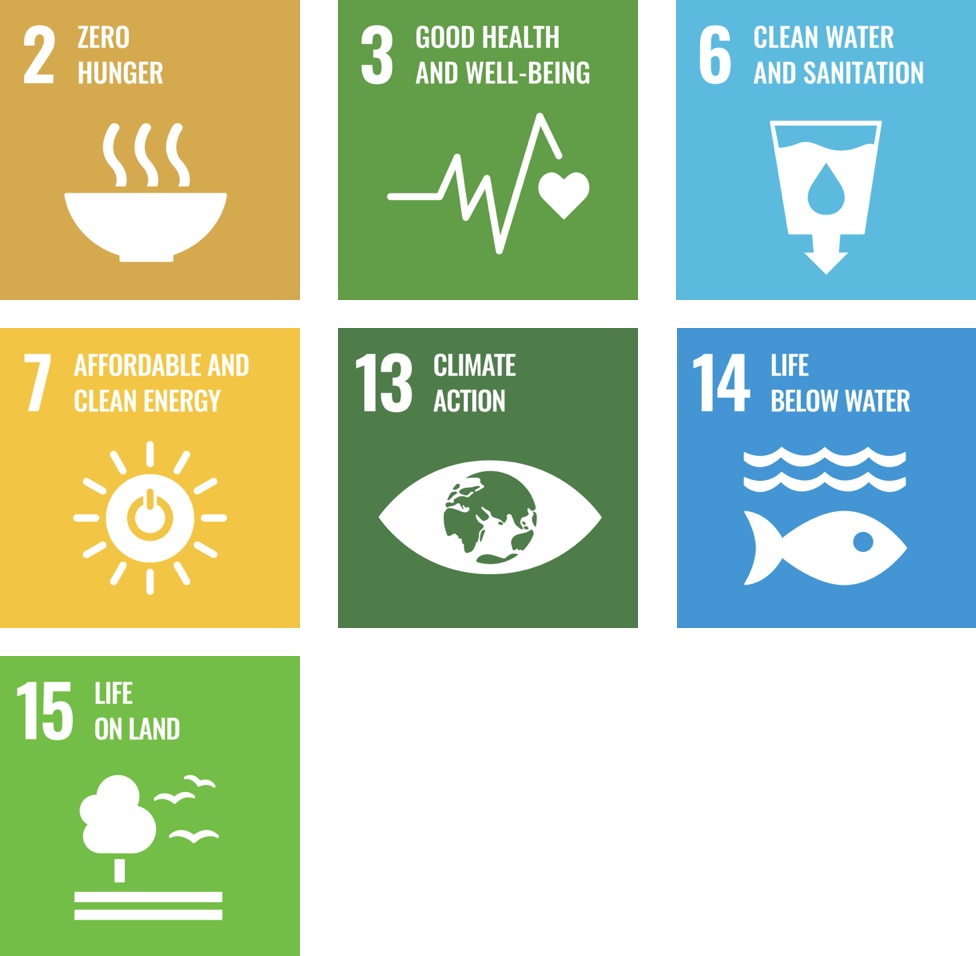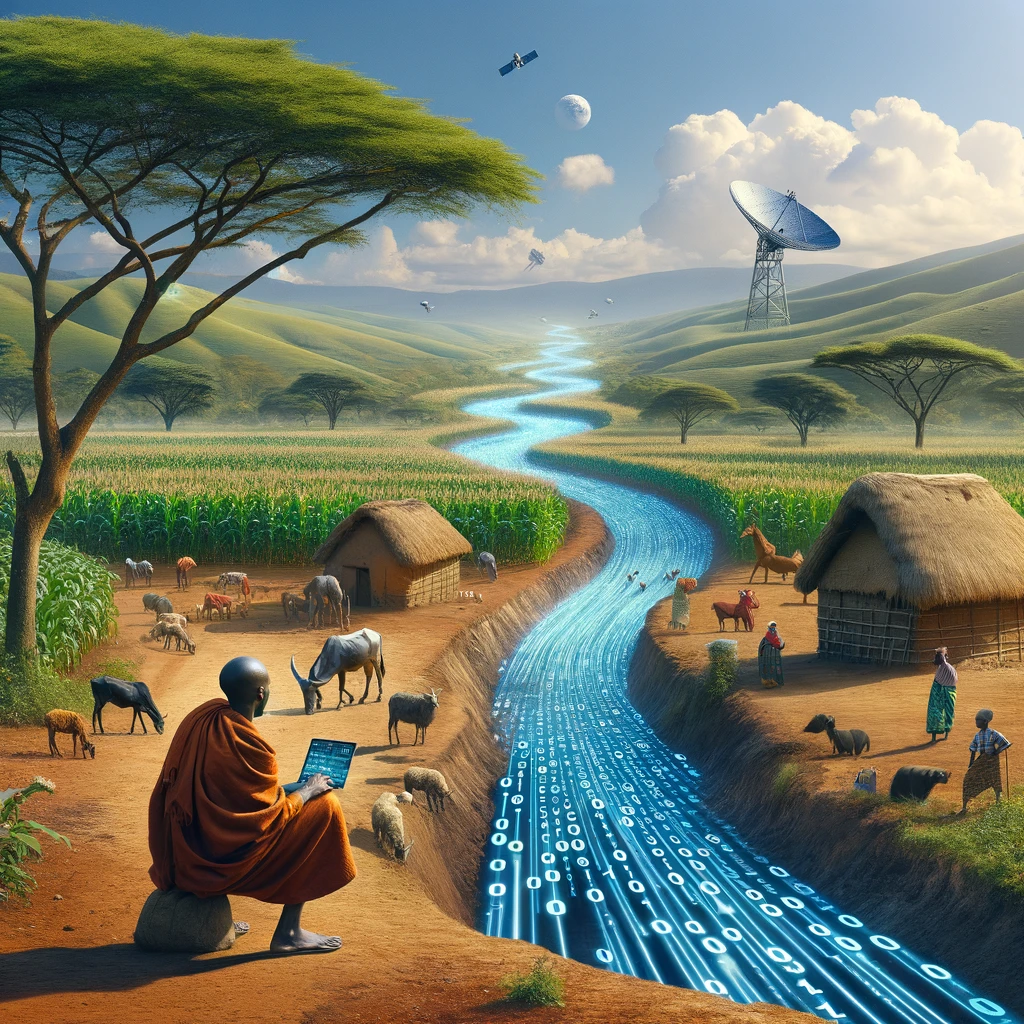The information must flow: Facilitating ecosystem and landscape management in Africa
Our mission is to empower governmental bodies, NGOs, and private sector organizations working in Africa with precise LULC and environmental mapping and monitoring solutions, fostering sustainable land, soil, and environmental management practices. Through expert analysis, innovative software, and targeted training, we aim to facilitate informed decision-making, promote resilient agricultural and rangeland management, and support the sustainable expansion of croplands and energy infrastructure. Committed to advancing soil health and combating the challenges of urbanization, AfSIS is dedicated to guiding our clients towards evidence-based, sustainable development and environmental stewardship.

Our Reach: Geographical, institutional and thematic
We work in many African countries, assisting ministries of national governments, universities, international research and development organizations, statistical bureaus, NGOs, and private sector organizations to realize their sustainable national and local development goals. Thematically, we cover seven SDGs by supporting research proposal developments with our collaborators, primary field and laboratory data collections, and completely reproducible soil and landscape data analyses.
Data workflows: From above, near, and below ground
The types of data workflows that we tend to tackle generally include both existing (legacy) as well as new (often unfamiliar) data, which are needed to produce meaningful information for soil, ecosystem and landscape management projects “at scale”. We have pioneered new techniques in this context (e.g., the operational use of soil and plant spectrometry), and have collaborated on and championed others, such as electronic field data collection software and laboratory management system developments, among others. We always try to ensure that any funded projects that we are involved with produce findable, accessible, interoperable and reusable (FAIR) data and code.


Knowledge transfer: Putting it in the hands of people who can generate change
New knowledge and technologies that are not used locally and routinely do not add value and are useless in a practical sense. We recognize that simply producing big data pools, machine learning workflows with complex code, dashboards, web-mapping apps, APIs, etc. are not effective. Much like 3-day training workshops, end-of-project reports, and journal publications, they may be necessary, but they are not sufficient. We have an over 15-year history of successfully working with national partners in e.g., Kenya, Tanzania, Uganda, Rwanda, Ethiopia, Ghana, Nigeria, Mali, Malawi, Mozambique, Zambia, and South Africa to develop in-person, as well as online, processes and training materials for effective knowledge and technology transfers under free and open licensing agreements.
Reproducible information: Providing relevance and continuity
We have sat in many meetings and webinars where someone said … “I was driving through Tanzania the other day and noticed … whatever”. The old saying “if you don’t have any evidence, you are just another person with an opinion” is more common in our field than it should be. We are passionate about producing and documenting fully reproducible results in all of the work that we do. You can trace that via all of the open data and code repositories that we generate. We also do not hide or hold back anything from the audience. With every analysis, map, model, and website or print-ready report that we produce comes a detailed notebook with an Open Science Framework data repository that you can fork and reuse as you see fit.


